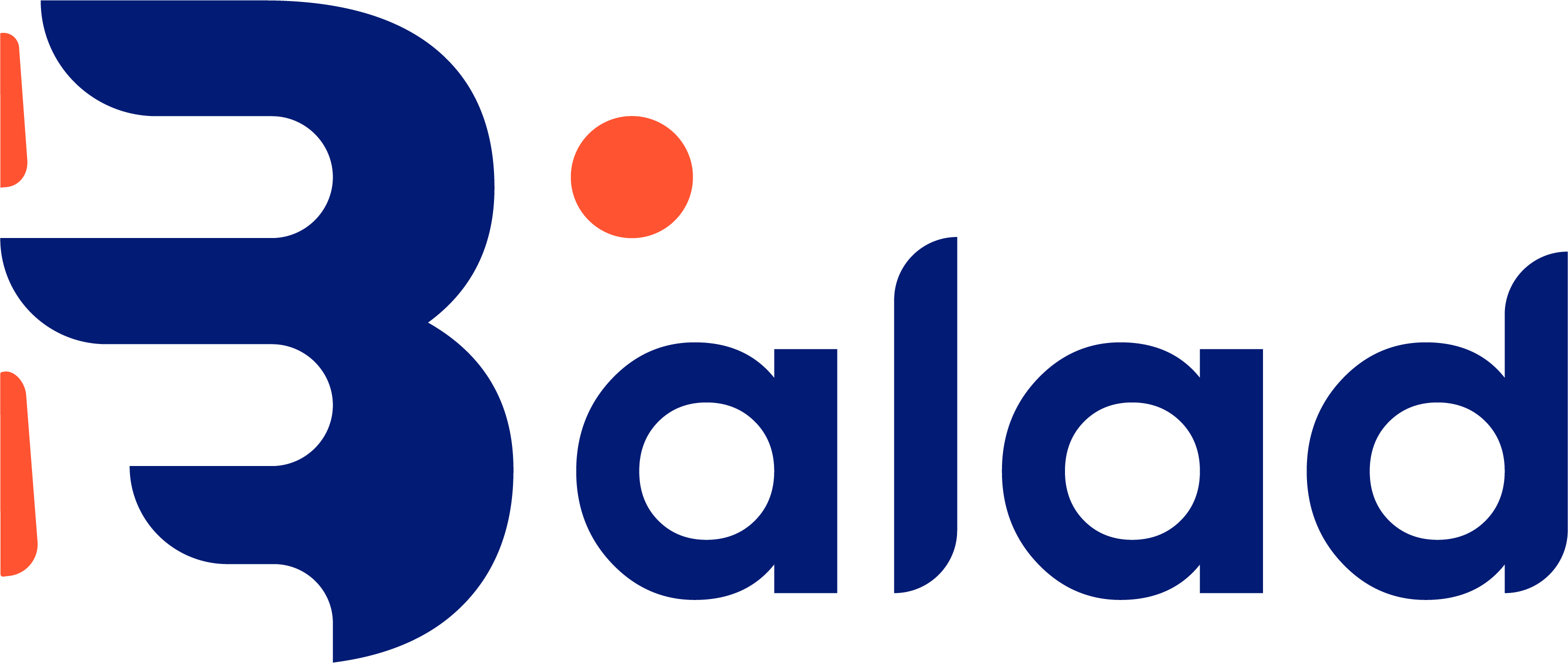Introduction: Welcome back to our series on Balad’s innovative journey through our recent one-week sprint. In our previous post, we shared the excitement and strategy behind this bold initiative. Today, we delve deeper, uncovering the array of challenges we faced and how we, as a team, transformed these hurdles into stepping stones for growth and learning. #BaladTechTalks #Baladiat
3 top Challenges we faced:
Embarking on a one-week sprint meant diving into an intense period of development, unlike our standard cycles.
1. Technical Complexities: We encountered a range of technical challenges, from integrating complex new features into our existing system to resolving unexpected bugs that surfaced along the way. These issues were not just about coding but also about ensuring that our solutions were scalable and sustainable.
2. Time Constraints: The sprint’s one-week timeframe put us under significant pressure. Balancing speed with quality was our biggest challenge. We had to make quick decisions, sometimes with limited information, and ensure that every hour of development was as productive as possible.
3. Team Coordination: With such a tight deadline, coordinating our team’s efforts became more crucial than ever. We had to ensure that everyone was aligned on goals, progress was transparent, and communication was clear and constant.

How did we Overcome Challenges: Faced with these challenges, we adopted a customized strategy to navigate through the one-week sprint.
1. Innovative Problem-Solving: Creativity in problem-solving was key. For instance, when faced with a particularly stubborn technical issue, our team held a brainstorming session that led to a breakthrough. This collaborative approach not only solved the problem at hand but also fostered a sense of team unity and purpose.
2. Effective Time Management: We prioritized tasks meticulously, focusing first on those with the highest impact on our sprint goals. Tools like Kanban boards and daily stand-up meetings helped us track progress and quickly identify areas that needed more attention.
3. Enhanced Team Collaboration: We leveraged agile methodologies to enhance collaboration. Daily stand-ups were not just for status updates but also for discussing blockers and brainstorming solutions. We also ensured that every team member had the support they needed, whether it was additional resources or expertise from a colleague.

5 Key Learnings and Takeaways:
1. The Importance of Flexibility: Our sprint taught us the importance of being flexible and adaptable. The ability to pivot quickly in response to new information or challenges was invaluable.
2. The Strength of Teamwork: The sprint reinforced the idea that teamwork is the cornerstone of success. Our collective effort, diverse skills, and shared commitment were crucial in overcoming the week’s challenges.
3. The Power of Resilience: We learned that resilience is not just about enduring challenges but also about using them as opportunities for growth. This experience has strengthened our team’s resolve and preparedness for future projects.
4. Emphasizing the Importance of Automated Testing: A crucial lesson from our sprint was the undeniable value of automated testing. Automated tests significantly reduced the time spent on manual testing, allowing us to focus on development and problem-solving. More importantly, it provided us with a safety net, ensuring that new features didn’t break existing functionalities. We realized that investing in robust automated testing frameworks is not a luxury but a necessity, especially in fast-paced one week development environments.
5. The Power of a Self-Organizing Team in Decision-Making: Another significant takeaway from our sprint was the effectiveness of having a self-organizing team, especially when it came to making prioritization decisions. In a traditional setup, these decisions often flow top-down, but our sprint experience showed us the advantages of empowering team members to take the lead. By involving the entire team in prioritization, we tapped into a diverse pool of perspectives and expertise. This democratized approach led to more informed and efficient decision-making. Team members, being closer to the actual work, could identify and prioritize tasks more effectively, leading to a more streamlined and responsive development process. This empowerment not only boosted morale but also fostered a sense of ownership and accountability among all team members, driving us towards more successful outcomes.
Conclusion and Call to Action: Our one-week sprint was a journey full of challenges, learning, and triumphs. It pushed us to our limits, tested our capabilities, and ultimately brought out the best in us. This experience has not only accelerated our project timelines but also enriched our team dynamics and problem-solving skills.
We would love to hear from you – whether you’re a fellow tech enthusiast, a developer who has navigated similar challenges, or someone interested in the world of fintech. Share your experiences, insights, or questions in the comments. Let’s foster a community where we can all grow and learn from each other.






